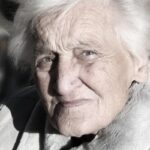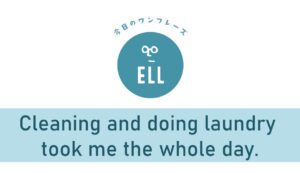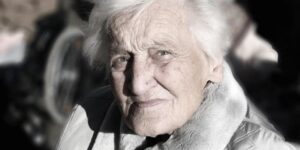
New York medical school graduate Joel Fleischman (Rob Morrow) is on his first assignment as a full-fledged doctor. The catch is that he has been sent to the small, frontier town of Cicely, Alaska. Initially, Fleischman is resentful of his new surroundings, but over time, he comes to love the town and its quirky inhabitants. This is the premise of the critically acclaimed and commercially successful American television series, Northern Exposure, which ran for six seasons during the 1990s.
Although Fleischman remains the central character throughout the series, the focus expands to allow each of the major cast members to have their turn in the spotlight at different times. One of these is Maggie O’Connell (Janine Turner), a pilot with whom Fleischman develops a close professional relationship, but a closer personal relationship remains frustratingly elusive from beginning to end. Another key character is Chris Stevens, who is the town’s radio DJ, and a compellingly philosophical individual. One more character of note is Ed Chigliak, an aspiring local filmmaker.
The structure of the series as a whole is episodic in the sense that although there are continuing storylines, each episode could also be watched independently without much confusion. Some episodes focus on a character’s past catching up with them while others relate to personal or relationship issues that they are facing at the time. Typically, each story finds a resolution by the end of the episode, although it is never wrapped up in a straightforward manner.
The strength of the series lies in its script. Given the story’s setting, the characters could easily have been reduced to small town stereotypes. But this never happens. Each character is a fully realized human being, with strengths and flaws just like everybody else. Fleischman’s initial skepticism and cynicism gradually gives way to a more mature and worldly outlook. In contrast, O’Connell learns to let others in emotionally, while retaining a tough exterior. Furthermore, it is almost impossible to categorize the series into any single genre, because the script encompasses such a blend of genres, including drama, comedy, and elements of fantasy played out in frequent, amusing dream sequences.
A significant amount of credit must also be given to the cast for inhabiting their roles to perfection. All of the cast members have distinguished themselves in subsequent television series and movies, but their characters in Northern Exposure are the roles that they are most synonymous with.
Although the script is the most important element of the series, the production values are solid, with the sets and cinematography lending a sense of authenticity to proceedings. The cherry on top is the opening theme music, which is one of the most memorable and adorably quirky in television history and perfectly complements the tone of the series.
In summary, the main reason why I wish that Northern Exposure hadn’t ended is because they don’t make television series like it anymore. The adjectives that come to mind in describing the series are quirky, sensitive and intelligent. If you have the opportunity to check out the series, I highly recommend doing so!
Ming
Vocabulary
quirky (adj.) – slightly strange (usually in an interesting or endearing way)
elusive (adj.) – difficult or impossible to achieve
skepticism (n) – doubts about things that others think are true
synonymous (adj.) – a close connection between two things in thought
英語学習をフルサポート!
マンツーマン&コーチングの英会話教室
























